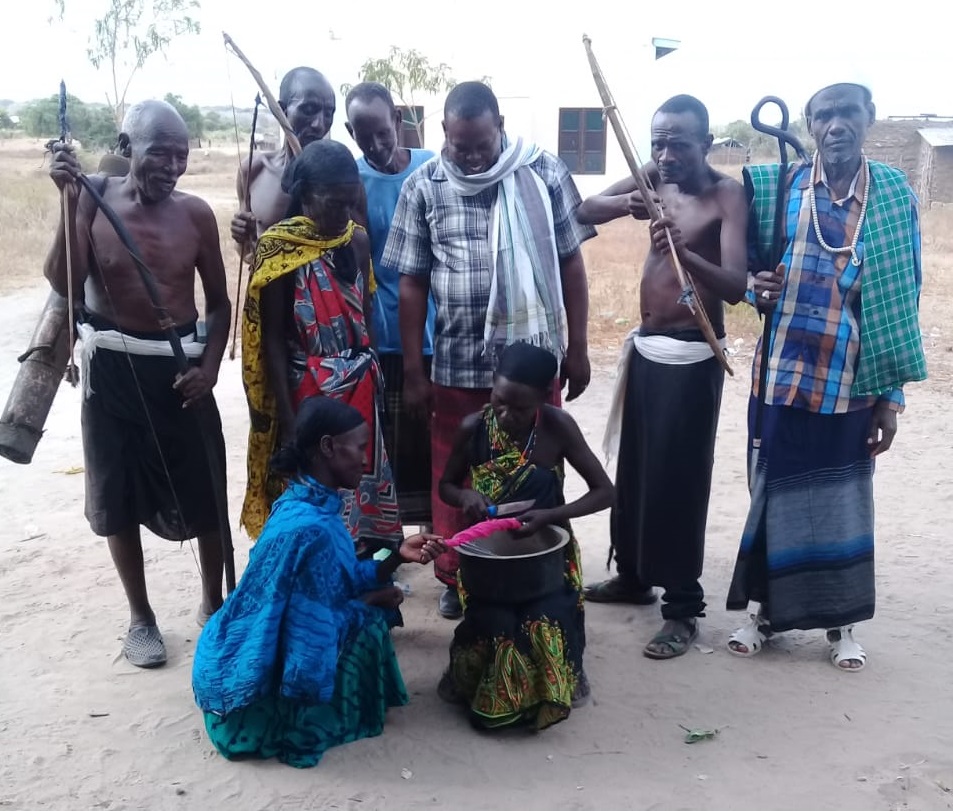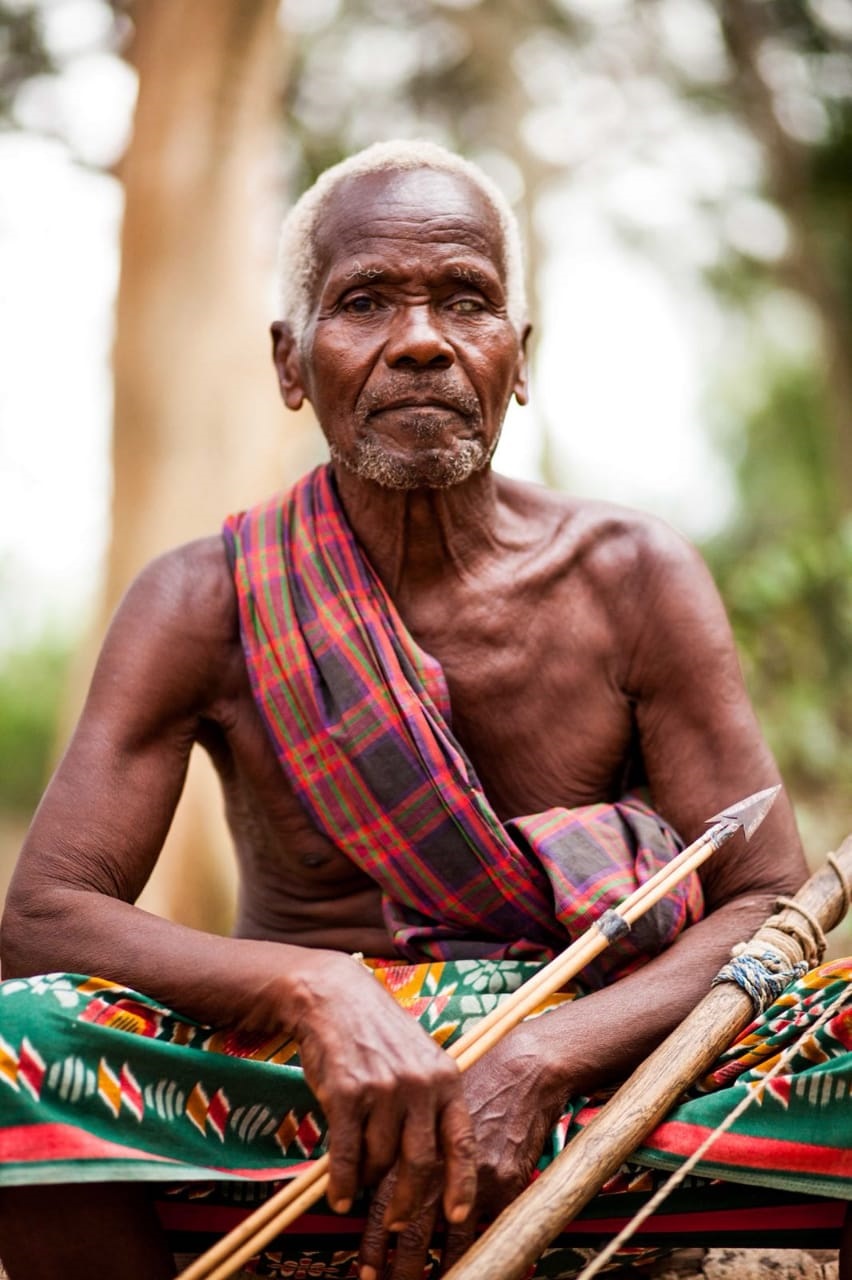by SHADRACK KAVILU

Kenya’s indigenous and minority communities are petitioning the government to recognize them independently as indigenous people ahead of the forthcoming national population and housing census slated for August of this year.
The move could see some of the country’s indigenous people who are yet to be recognized as independent tribes added to the list of 43 Kenyan tribes.
However, whether or not their demand will be met by the government remains uncertain given the nature of Kenyan politics which is often characterized by tensions and rivalry between the larger ethnic groups.
The Kenyan political, social and economic landscape has been shaped by ethnicity since independence, and its national politics and census have been occasionally marred by political interference and manipulation with political leaders keen to alter results in favor of their ethnic tribes.
For decades, indigenous and minority communities in the country have been fighting for recognition, security of land tenure, and inclusion in the decision-making processes. But by virtue of their numerical weakness they find themselves further marginalized.
A majority of the country’s indigenous and minority communities are clustered together with other major ethnic tribes, depriving them of their identity and recognition.
The situation has undoubtedly put them in a precarious situation when it comes to advocating for their rights as they lack the numbers to marshal support in any of the country’s political and judicial institutions.
Political interference in previous censuses saw indigenous communities clustered together with other major ethnic communities, thus violating their right to inclusion and access to equitable resources.
However, a head of the forthcoming national population and housing census, indigenous communities across the country have renewed their push to have the government count them as independent tribes.
The communities hope that by recognizing them as tribes, they will gain the ethnic strength which plays a vital role when it comes to resources allocation, political representation, and most importantly, infrastructural development such as social amenities.
But while the national population and housing census is a crucial exercise meant to help the government make informed decision on budget allocation, indigenous and minority communities across the country are expressing fears that failure to document them independently could further exacerbate marginalization and subject them to poverty.

“We are calling on the government to recognize us as a tribe and classify us as one of the country’s ethnic tribes,” says Jilo Noto, spokesperson for the Waata indigenous people, a hunter-gatherer community that inhabits Kenya’s coastal area of Kilifi.
“All we are asking for is recognition by the government. We don’t want to be merged with other communities and yet we possess a distinct cultural identity, traditions, and customs,” Noto told Toward Freedom.
The community fears a repeat of the previous census which failed to document the population of indigenous people, and could lead to further marginalization and increased violation of their rights.
“As a result of being lumped up with other tribes we don’t have any political representation in both the county and national assembly,” said Noto, adding that this has not only denied them the right for recognition and identity, but also deprived them the right for political representation.
In the last census conducted in 2009, indigenous and minority communities were clustered together with other major ethnic tribes making it difficult to know their exact population.
Towards Freedom for more
